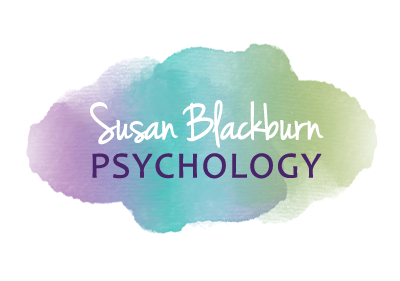Are you recovering from an affair in your marriage or a long-term relationship?
If so, you know firsthand the deep emotional distress that is often experienced in the aftermath of an affair.
The sense of betrayal, shock, heartbreak and utter despair are often indescribable because the pain is so great.
As shattering and horrifying as the experience of coping with an affair can be, the good news is that there is always hope.
Marriages and other long-term committed relationships can and do recover from affairs.
If both you and your partner are committed to fighting for your marriage, healing your pain and moving forward to experience a stronger, closer and happier relationship then you will ultimately succeed.
Although the journey to recovery from an extramarital affair is one the most psychologically traumatic experiences, it can also be a catalyst for personal and marital growth; providing the opportunity to cultivate greater self-awareness, a stronger sense of self, increased partner intimacy, better communication and a deeper sense of connection.
So, what does it take to rebuild your marriage after an affair?
To begin, it takes one hundred percent commitment to the process of healing your marriage, learning new skills and being patient enough to take things one day at a time.
This might come as a surprise to you, but whether you are the betrayer or the betrayed, a shift in perspective about yourself, your partner and your relationship will need to occur before any real recovery begins.
Although it takes two to heal the marriage, the biggest part of your recovery will come from the changes you make within yourself rather than the changes you’d like to see in your partner.
You are likely struggling with a number emotions such as anger, confusion, fear, sadness, hurt, guilt, ambivalence, hopelessness, devastation, self-worthlessness, overwhelm, grief, loneliness, shame, numbness and heartbreak. Allow yourself the time to process all of these feelings.
Part of your healing journey will involve the betrayer being exceedingly truthful and the betrayed becoming a safe person to open up to.
Both partners should agree that the responsibility for the affair lies squarely with the betrayer. To be clear, the betrayed is not at fault.
That being said, it’s important that both parties own up to the state of the marriage before the affair began. The obligation to create and sustain a happy and fulfilling marriage belongs to both partners.
Your experience and timeframe for recovery will be unique. However, research shows that it takes approximately two years to get over the hurt of an extramarital affair. To really get past it, you’ll need to forgive and forget. This includes deciding never to bring up the affair again and letting it go for good.
Clearly identifying what your strengths and challenges are as a couple can be very helpful. Knowing the many reasons why you want to save your marriage is a powerful motivator. Just as key, being aware of your difficulties allows you to face them head on and monitor your progress.
It takes a lot of courage to expose your personal information to someone else, but studies reveal that getting the help of a professional couples therapist or marriage counselor with expertise in affair recovery will ultimately make the process faster and more effective than handling matters on your own.
Another crucial component of the healing process involves both you and your partner developing and learning to express empathy for one another so that you can both feel heard and understood.
It helps to normalize your circumstances and minimize feelings of isolation by knowing that the affair is not just a devastating experience that happened to you. In actuality, it’s a much larger societal problem; one that is experienced by far too many people.
When you’re ready, commit to being a lover and a friend to your partner. Make time to appreciate, play, desire and communicate openly with each other. These acts of togetherness and connection are the hallmark of all happy and fulfilling marriages.
In time, after all of your efforts and commitment to the process of recovery you’ll eventually start to let go and release the painful feelings attached to the memory of the affair.









